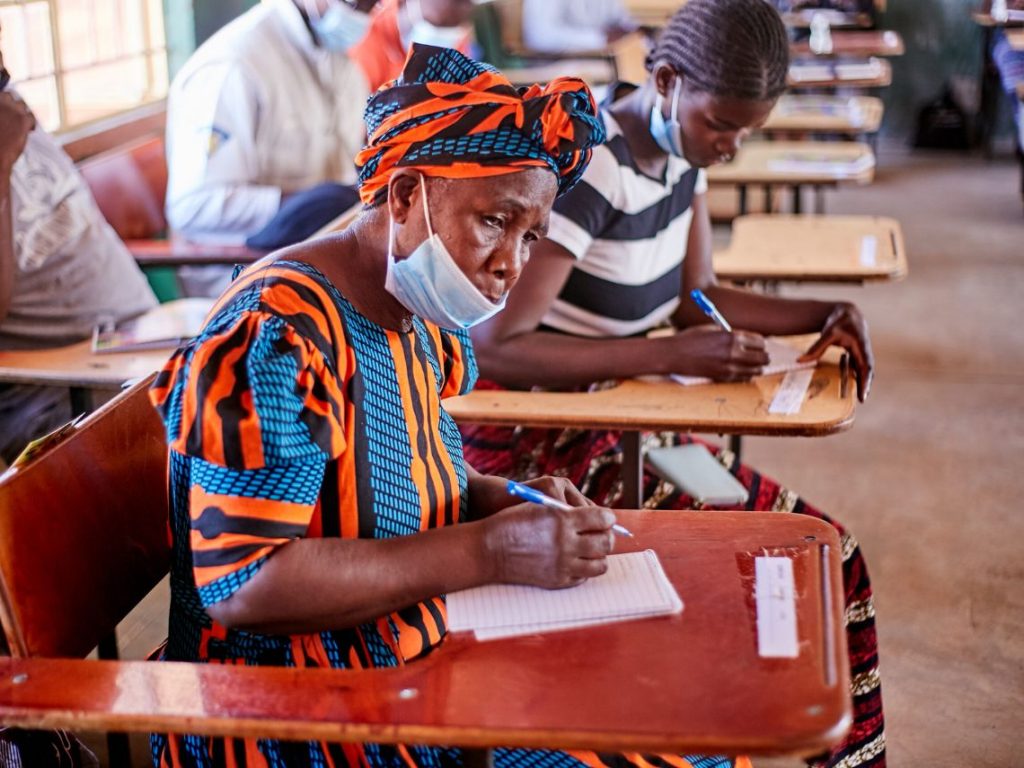Gender Justice

This program strives to bridge the gap that exist, creating a society where everyone, regardless of their gender, can live free from discrimination, violence, and oppression, and where all individuals have the opportunity to thrive and fulfill their potential.
Gender justice refers to the fair treatment and equitable opportunities for individuals of all genders, regardless of their identity or expression.
Equal rights and opportunities: Gender justice advocates for the recognition and protection of equal rights and opportunities for people of all genders. This includes rights related to education, employment, healthcare, political participation, and access to resources. That is why as an organization, we engage government to build more inclusive schools where children with disabilities can also be able to attain equal education.
We are working with Livingstone City Council to bridge the education gap from the marginalized groups. This includes, holding sensitization meetings in hard to reach places in order for them to apply for skills bursary and secondary bursary to the less-privileged. This enables them to compete on and equal basis with others because education then becomes an equalizer.
Ending discrimination and violence: Gender justice seeks to eliminate discrimination and violence based on gender identity or expression. This includes addressing issues such as gender-based violence, harassment, discrimination in the workplace, and harmful cultural practices like child marriage and female genital mutilation.
Empowerment: We empower women-led households with group savings like our Swalisano group of Simatobolo ward in Livingstone. They have ventured into different personal businesses whilst growing their income in the savings group. They open their savings box every after 6 months and share the profits. Gender justice involves empowering individuals, particularly those who have been marginalized or oppressed based on their gender, to exercise agency and control over their lives. This may involve providing access to education, economic resources, and opportunities for leadership and decision-making.
Intersectionality: Gender justice recognizes that people experience gender inequality differently based on intersecting factors such as race, ethnicity, class, disability, and other identities. It aims to address these intersecting forms of discrimination and oppression to ensure that no one is left behind.
Cultural and social change: Gender justice seeks to challenge and transform the cultural norms, attitudes, and stereotypes that perpetuate gender inequality and discrimination. Under the Traditional model of disability, we discovered that because of culture, persons with albinism or physical disability are usually discriminated and thought of as a curse. Culturally, it is believed that the mother or father wronged the gods in some way and as a way of punishment, the gave birth to either a disabled child or one with albinism. We aim to promote more inclusive and respectful attitudes towards diverse gender identities and expressions. In both Musokotwane and Mukuni Chiefdoms, mostly, women and girls do not own land. As per tradition, women rarely speak and are expected to be royal all the time. Through our intervention and training of traditional leaders, we have seen changes occurring where women are now slowly being put in positions of decision-making.
